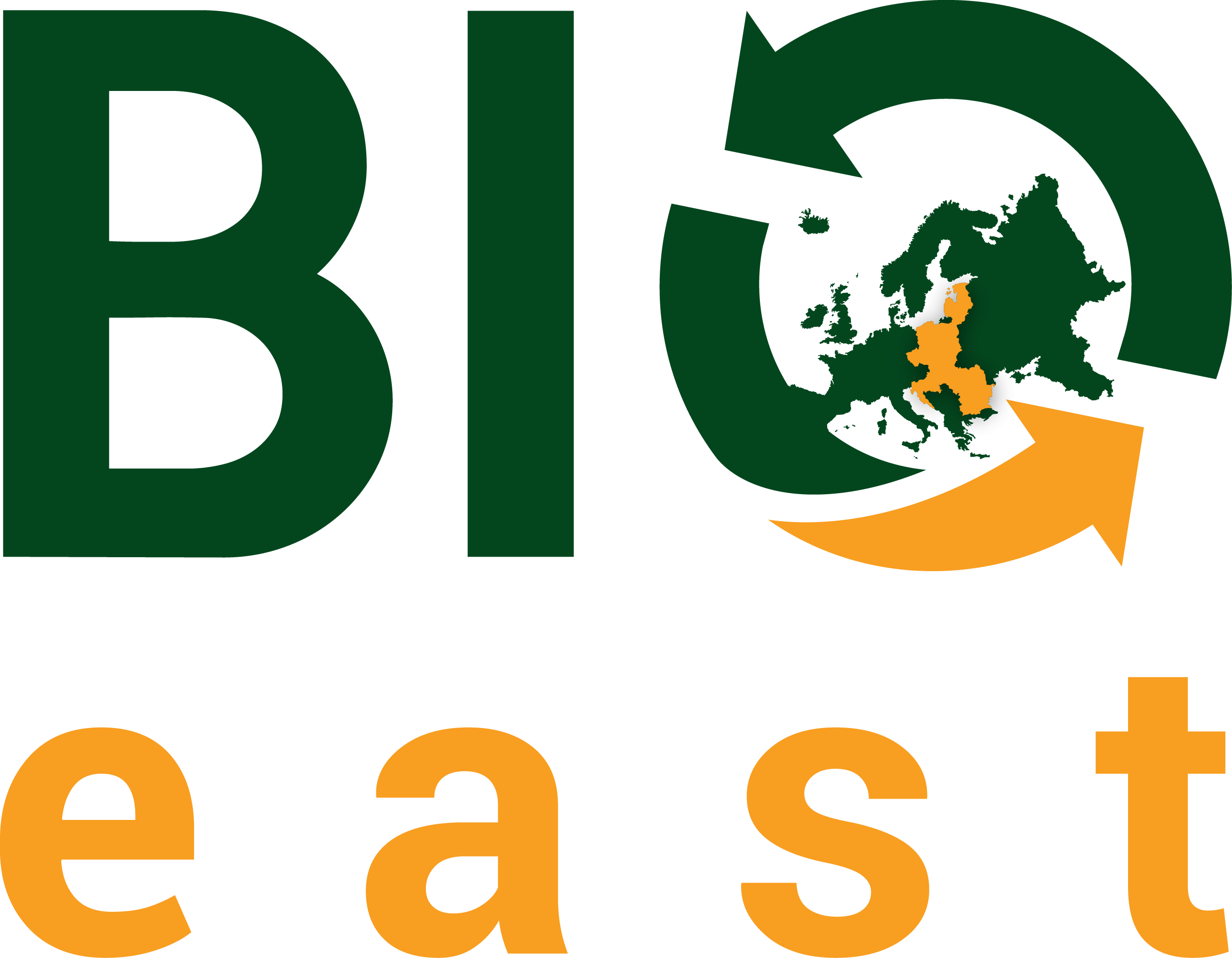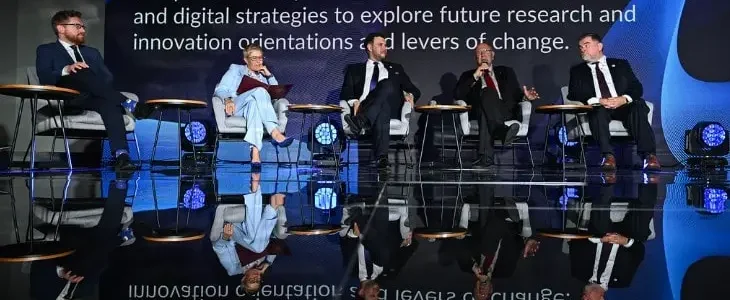On 11-12 June 2025, the high-level conference organised by the Polish Presidency of the Council of the European Union in cooperation with the European Commission, the Standing Committee on Agricultural Research (SCAR) and BIOEAST Initiative entitled ‘Research, innovation and digitalisation to advance the competitiveness of European agriculture and ensure food security’ was held in Warsaw.
This event brought together over 200 participants and more than 50 panellists from all over the Europe, including ministers, parliamentarians, representatives of the European Commission: Directorate-General for Research and Innovation (DG RTD), Directorate-General for Agriculture and Rural Development (DG AGRI), Directorate-General for Environment (DG ENV), representatives and experts from Member States, representatives
of the SCAR and the BIOEAST Initiative, policymakers, researchers, agricultural advisors, representatives of international institutions, initiatives and projects, as well as the Joint Research Centre of the European Commission, the Circular Bio-based Europe Joint Undertaking (CBE JU), representatives of academia, agricultural institutions, non-governmental organisations, other representatives of institutions related to the subject of the conference.
On 10 June 2025 the Plenary Meeting of the SCAR as well the BIOEAST Initiative meeting took place the day before the high-level conference, discussing – among others – the draft needs and gaps analysis as a follow-up to the Council conclusions approved at the Competitiveness Council on 29 November 2024 on “A potential Europe-wide R&I initiative on advancing sustainable natural resource management, food systems security and the deployment of the bioeconomy harnessing the potential of Central and Eastern Europe”.
The Polish Presidency has highlighted the 7 dimensions of security, under the motto “Security, Europe”. One of these pillars is food security. One of the key priorities of the Polish Presidency is research, innovation and digitisation to advance the competitiveness of European agriculture and ensure food security.
The conference provided a platform for high-level discussion on the challenges for science and policy in the context of the European Commission’s Vision for Agriculture and Food, as well as the forthcoming Life Sciences and the new Bioeconomy Strategy.
The aim of the conference was to discuss and exchange views on the role of research and innovation in strengthening the green and digital transformation of the agri-food sector, as well as the development of the bioeconomy in the BIOEAST region, Central and Eastern European countries and the EU as a whole.
The event also aimed to foster cooperation between Central and Eastern European countries, promote a coherent European Research Area and strengthen cooperation between the scientific community, practitioners and policymakers. The event created space for presenting scientific achievements, as well as exchanging of practical ideas and innovative solutions in the agri-food sector.
Research, innovation and digitalisation are key enablers to enhance sustainable competitiveness, chart pathways towards sustainability and ensure long-term food security. They are crucial in developing new technologies and innovative solutions and are the main response to structural, climate and geopolitical challenges. This approach requires good cooperation between practice, science and public administration. International and macro-regional cooperation can significantly accelerate progress and bring significant added value.
Download the photos from the conference
Conclusion
The high-level conference “Research, innovation and digitalisation to advance the competitiveness of European agriculture and ensure food security” proved that research, innovation and digitalisation are key enablers in increasing the sustainable competitiveness and resilience of the European agri-food sector. They are key in achieving the goals of the new European Commission’s Vision for Agriculture and Food, as well as the forthcoming Life Sciences and the new Bioeconomy Strategy. R&I are crucial for developing new technologies and innovative solutions responding to structural, climate and geopolitical challenges. This requires good cooperation between practice, science and public administration. International and macro-regional cooperation can significantly accelerate progress and bring significant added value. Interdisciplinary and multinational projects and initiatives play an important role in this process, as they enable the building of broad partnerships for future development.
There is a need to provide appropriate instruments and initiatives to boost implementation of innovative solutions, which are essential for facing environmental and climate challenges. There will be no innovation in agriculture on a large scale without relevant skills, generational renewal and cooperation.
The conference provided evidence that actions integrating researchers, practitioners, decision makers, advisors and the other relevant actors are valuable and need to be continued and further developed. The conference highlighted the need to do R&I with farmers, for farmers, and on real sites.
It highlighted the need for further efforts to develop AKIS to strengthen knowledge exchange and implementation of innovative practice driven solutions responding to needs of farmers.
Taking into account that digitalisation is a driving force for further transformation in the agricultural sector, it is important to provide support instruments to ensure favourable conditions for farmers to exploit the potential of digital solution. The upcoming EU digitalisation strategy for agriculture could help to achieve these faster.
The outcomes of the conference contribute to further development of the future EU policies and strategic frameworks, including CAP, Framework Programme 2028-2035, and new EU strategic approach to R&I and to improve the competitiveness of agriculture, forestry and rural areas.
The high-level conference “Research, innovation and digitalisation to advance the competitiveness of European agriculture and ensure food security” has set a strong foundation for advancing research and innovation in the CEE region and benefitting the whole of Europe.
In the light of those outcomes, the Polish Presidency calls for actions, especially counting on the BIOEAST Initiative, which strengthen institutionalised cooperation in research, innovation and digitalisation. As next steps, a roadmap should be developed to further explore the scope and form of a Europe-wide R&I initiative that harnesses the capacities of CEE Member States, the Western Balkans and candidate countries and strengthens the European Research Area.
In the light of those outcomes, the Polish Presidency calls for actions to foster research, innovation, digitalisation and cooperation to advance the competitiveness of European agriculture and ensure food security.

